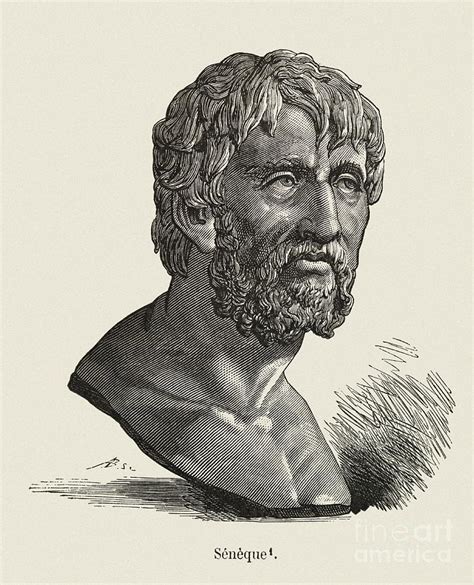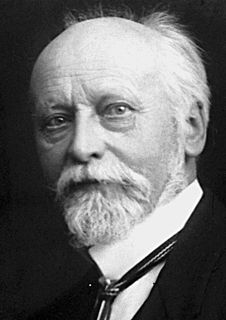A Quote by Lucius Annaeus Seneca
It is the superfluous things for which men sweat, - superfluous things that wear our togas theadbare, that force us to grow old in camp, that dash us upon foreign shores.
Related Quotes
The soul, when accustomed to superfluous things, acquires a strong habit of desiring things which are neither necessary for the preservation of the individual nor for that of the species. This desire is without limit, whilst those which are necessary are few in number and restricted within certain limits; but what is superfluous is without end.
The people who help us grow toward true self offer unconditional love, neither judging us to be deficient nor trying to force us to change but accepting us exactly as we are. And yet this unconditional love does not lead us to rest on our laurels. Instead, it surrounds us with a charged force field that makes us want to grow from the inside out - a force field that is safe enough to take the risks and endure the failures that growth requires.
I confess that Magic teacheth many superfluous things, and curious prodigies for ostentation; leave them as empty things, yet be not ignorant of their causes. But those things which are for the profit of men -- for the turning away of evil events, for the destroying of sorceries, for the curing of diseases, for the exterminating of phantasms, for the preserving of life, honor, or fortune -- may be done without offense to God or injury to religion, because they are, as profitable, so necessary.
What if we truly believed that there is a beneficent order to things, a force that's holding things together without our conscious control? What if we could see, in our daily lives, the working of that force? What if we believed it loved us somehow and cared for us, and protected us? What if we believed we could afford to relax?
The love of God again makes us free, for it draws us to set a low value on those things wherein we are subject to others - our wealth, our position, our reputation, and our life - and to set a high value on those things which no man can take from us - our integrity, our righteousness, our love for all men, and our communion with God.










































